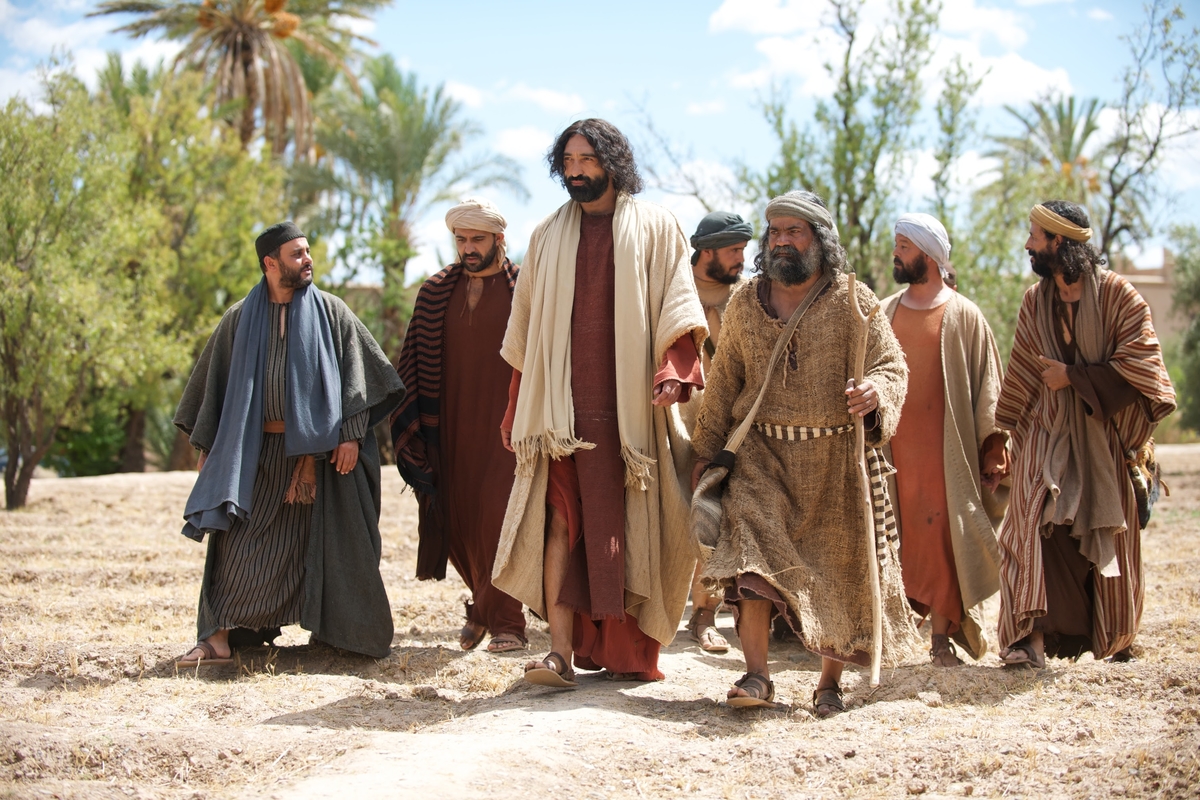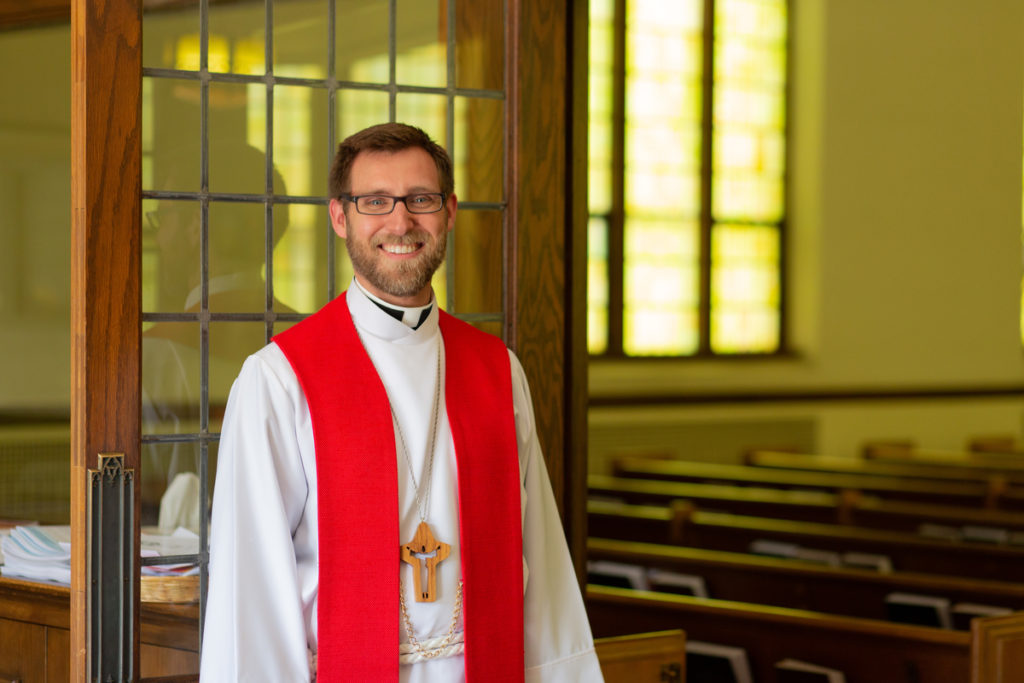I often wondered – during the years I was serving as a pastor – why God would bring the particular group of people together at the church where I had been called. I have often wondered why Jesus chose the particular people that He selected to be the first twelve disciples.
According to Matthew 10: 2-4, the twelve included Matthew the tax collector and Simon the Zealot. Why would Jesus have chosen to be among His first followers and those to whom He would entrust the work of the Kingdom two people who could not have been more poles apart politically? Matthew, the former tax collector and employee of the Roman empire, and Simon the Zealot, a member of a revolutionary movement.
The Zealots were passionate about obeying the Torah, especially its commandments against idolatry. As the Romans continued to impose their pagan ways upon the Jewish people, the Zealots sometimes turned to violence.
One of the offshoots of the Zealots was a group of assassins called the Sicarii, or daggermen. They would mingle in crowds, slip up behind a victim, and then stab him with their sicari, or short curved knife. One interpretation I have read is that Judas Iscariot had been a member of the Sicarii. Talk about disastrous consequences if you do not practice social distancing. Through their acts of terrorism the Sicarii sought to disrupt the Roman government.
In Luke 22: 38, just before they left the Upper Room for the Garden of Gethsemane, the disciples tell Jesus, “Lord, look, here are two swords.” It is not hard to imagine that one of the swords belonged to Simon the Zealot or Judas Iscariot, who kept it hidden. We all know what Peter did with his. He pulled it out and cut off the ear of Malchus, the high priest’s servant.
And yet what is amazing is that you never read of politically charged and divisive conversation among the disciples. They lived during some very tense and difficult times. We also live during some very tense and difficult times. Matthew on one side, and potentially both Simon the Zealot and Judas Iscariot on the other side, would have come from totally opposite sides politically. And yet you never read of politically charged discussions. The only real dissension that I can think of among the disciples was the debate over who was the greatest, brought on by the request from James and John (or their mother, dependent upon which Gospel account you are reading) for the top seats in the Kingdom.
If the first century disciples could find their unity in Jesus and avoid explosive, divisive political rhetoric, then we – the twenty-first century followers of Jesus – should be able to do the same.
The days between now and the election in early November are going to be very difficult. There will be many times when it will be very easy to get involved in very heated, even angry exchange, such as on Facebook. I would urge all of us to take a deep breath, express ourselves in a responsible way, give each other the benefit of the doubt, not let comments from others “push our buttons,” and look to Jesus, the Pioneer and Perfecter of our faith.
May the Lord bless you,
Dennis D. Nelson
Executive Director of Lutheran CORE



























If that unity is to be sought in Christ, then away with other “voices” in the church which would place a soteriological color through the voices of politics and fairness. The Gospel is a different and unique voice sourced in the apostolic and prophetic writings in the Scriptures. Preaching needs to be re-centered so that the church’s conversations can center in what Christ has brought to sinners, ie. Christian forgiveness.
Thank you for your concern. I agree that preaching should be about salvation through faith in Christ. The sermon should be about Jesus and should lift up the cross, not be about politics. What I was seeking to address was not the content of sermons but instead conversation among followers of Jesus, such as on Facebook.
Excellent reflection. Thanks.
Thank you for your encouraging words.